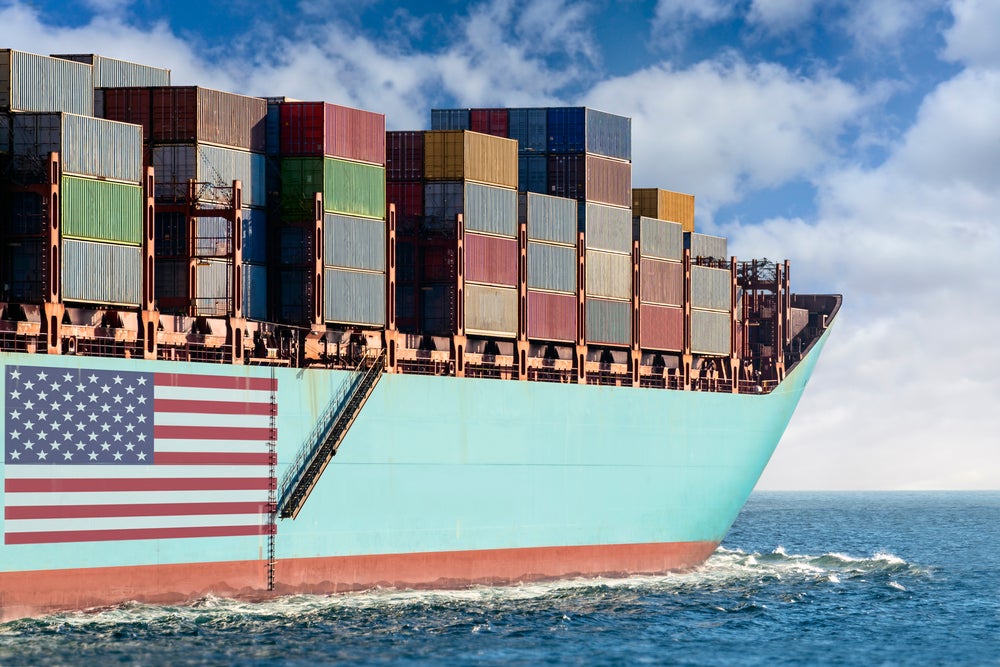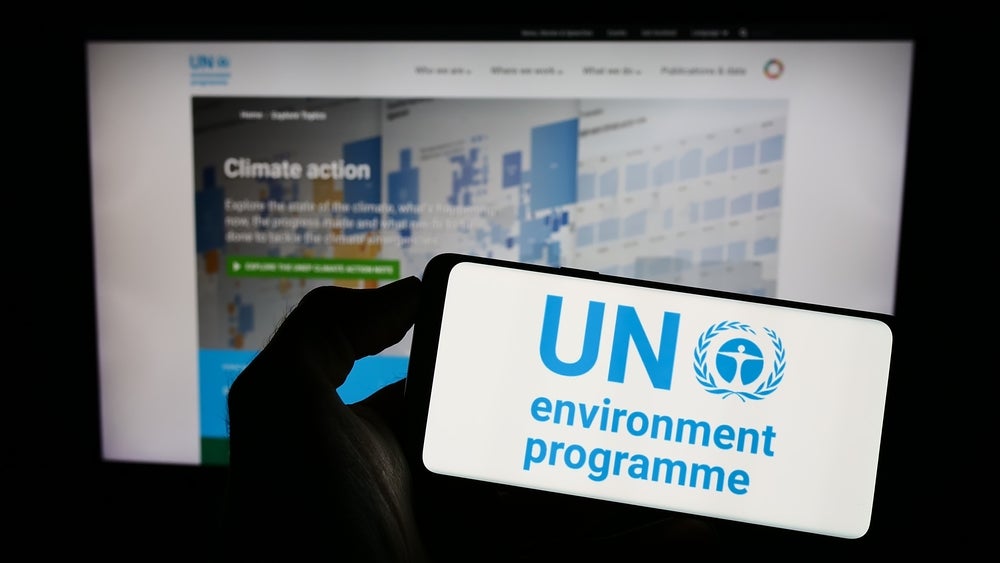The report by Planet Tracker titled 'Follow the (Money) Thread,' argues major investors must work harder to drive a just and sustainable textile and fashion industry across the entire supply chain.
The research reveals the downstream end of the textile supply chain attracts the majority of funding from major developed market lenders, with a significant presence in the US.
Planet Tracker's report found that just four major US asset managers — BlackRock, Vanguard, Fidelity, and State Street — account for over 20% of all market capitalisation of equity holders for garment production.
In contrast, institutional investors hold less than a quarter (for raw material manufacturing) and a sixth (for fibre production and fabric manufacturing) in the upstream parts of the textile value chain. Instead, holding companies and larger conglomerates are the major equity owners in these early stages of the supply chain.
As a result, Planet Tracker's report highlights that brands and investors in developed countries are shielded from the environmental impacts that occur upstream in the supply chain.
Planet Tracker senior investment analyst (textiles) Richard Wielechowski says: “We find investors operating in the countries where most textiles are consumed are often shielded from the negative environmental impacts that take place before clothing reaches stores. However, these investors have the power to transform corporate behaviour and drive the move to a sustainable textile industry."
The report suggests the concentration of funding in the downstream stages of production raises concerns about accountability for environmental sustainability.
Wielechowski adds: “Whether it’s through proxy voting or investment decisions, it’s imperative institutional investors and asset managers push brands to take ownership of the environmental harms across value chains.”
The report explains that along with large institutional investors being the primary equity holders in the downstream stages of the supply chain, it also attracts more loans from international banks such as JP Morgan, Bank of America, and HSBC. It suggests this is likely due to the challenges associated with due diligence during the manufacturing stages of the value chain.
In response to these findings, Planet Tracker calls for increased support and capital provision in areas where lenders have been less active.
The research builds on previous work by Planet Tracker, which included the creation of an interactive dashboard to assist investors in gaining a better understanding of the textile value chain.
Previous research published by the non-profit called 'Easy (Un)pickings,' demonstrated that even modest investments in upstream stages of the supply chain can lead to significant improvements in environmental impacts, with a short payback period.















